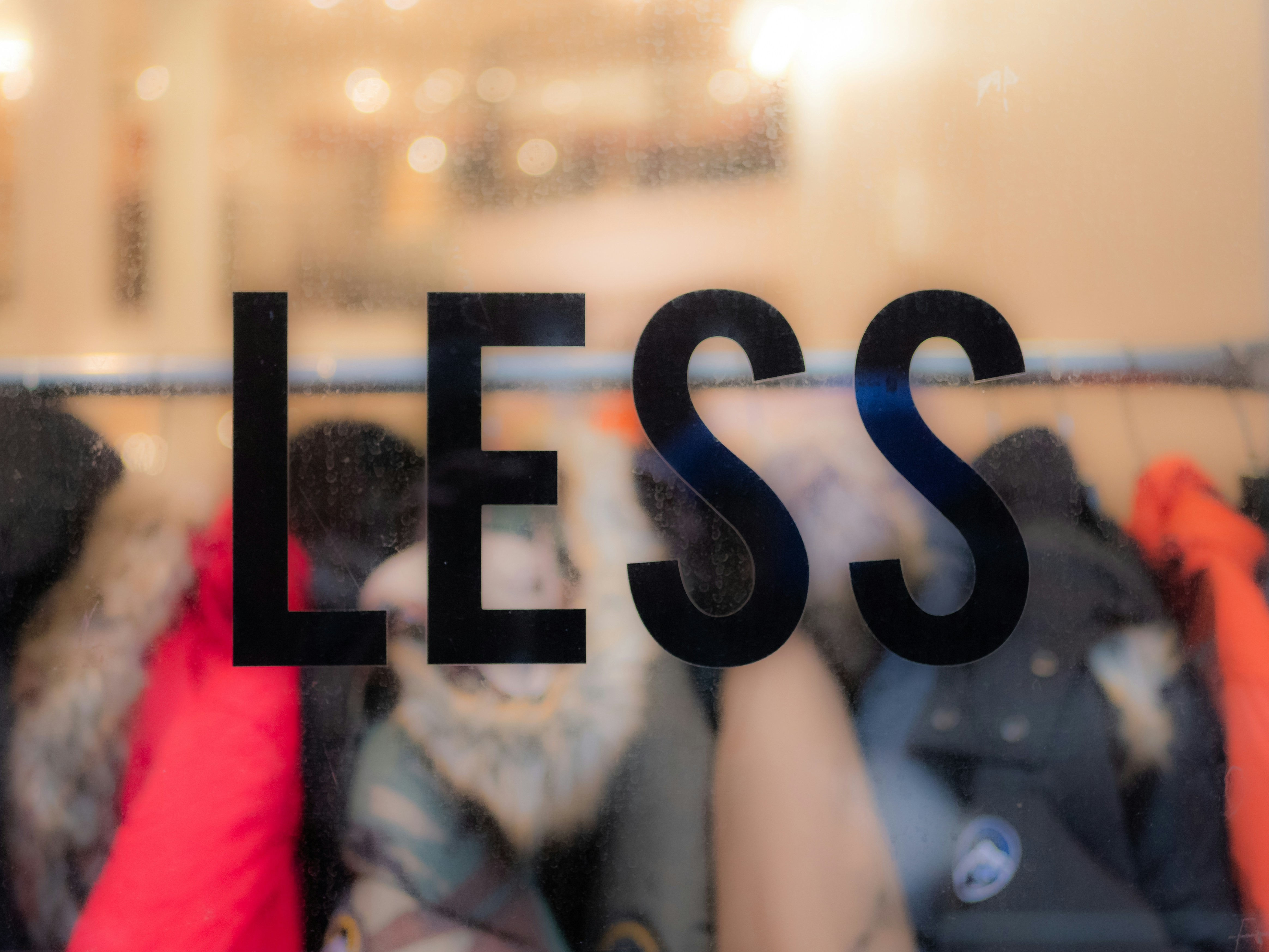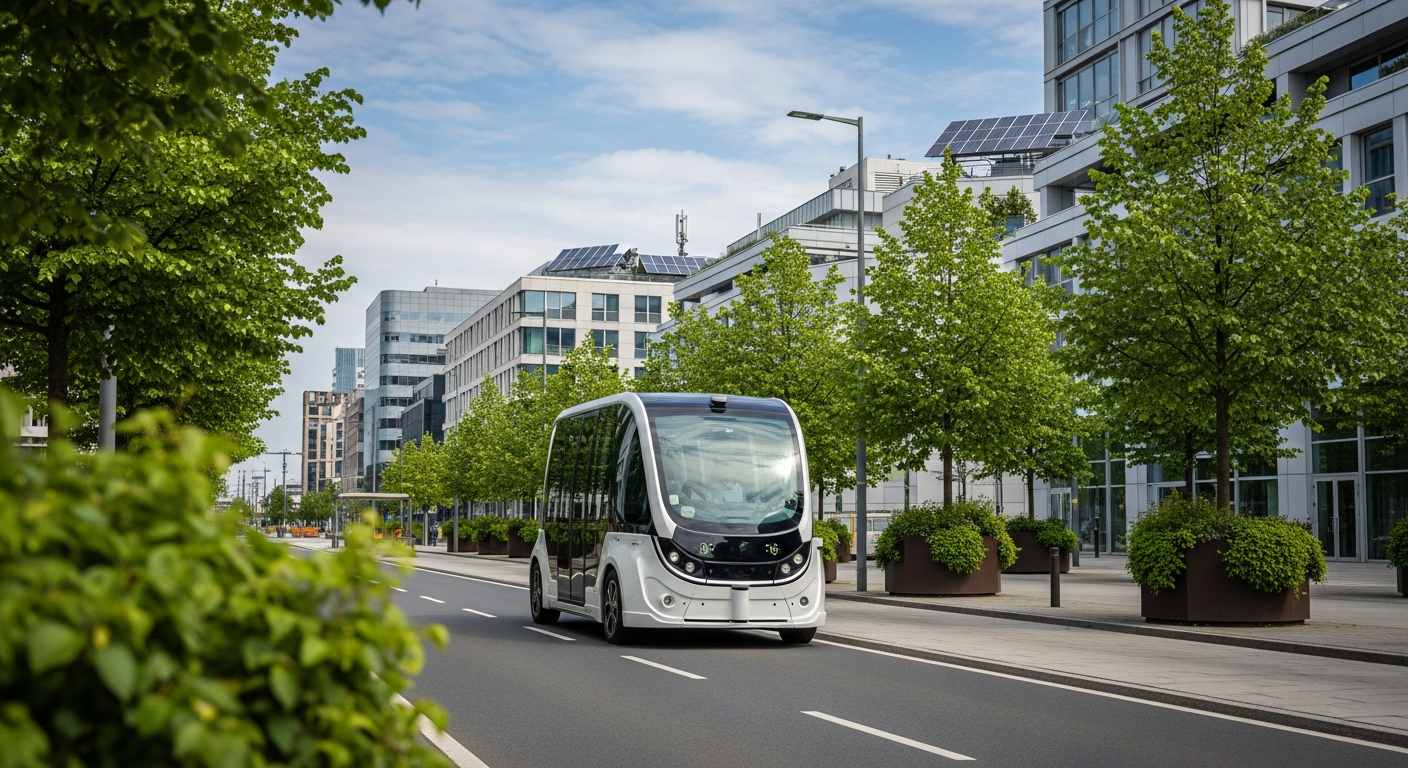The Emergence of Slow Living: A Societal Shift Towards Mindfulness
In a world that's constantly rushing, a new trend is emerging: slow living. This movement encourages a more mindful, deliberate pace of life, offering a refreshing contrast to our fast-paced society. Read below to delve into the origins, implications, and significance of this cultural shift.

The Origins of Slow Living
The slow living movement traces its roots back to the 1980s, when Carlo Petrini protested against the opening of a McDonald’s in Rome. Petrini’s protest sparked the Slow Food movement, which championed local food production and traditional cooking methods. Over time, this philosophy expanded beyond food, giving birth to the broader concept of slow living. This movement encourages individuals to slow down, be present, and savor life’s simple pleasures.
Slow Living in Today’s Fast-Paced Society
In our modern society, where speed and efficiency are often prized above all else, slow living offers a radical alternative. This movement encourages individuals to step back from the relentless pace of modern life and focus on quality over quantity. This shift is reflected in various societal trends, such as the growing popularity of mindfulness practices, the resurgence of handmade crafts, and the increasing interest in sustainable living.
The Societal Impact of Slow Living
The slow living movement has profound implications for society. By encouraging a more mindful, deliberate pace of life, it challenges our culture’s obsession with speed and productivity. This shift towards slow living can lead to improved mental health, stronger community ties, and a more sustainable lifestyle. Moreover, by promoting a deeper connection with our surroundings, slow living can foster a greater appreciation for the natural world and a stronger commitment to environmental stewardship.
The Future of Slow Living
As we move forward, the slow living movement is likely to continue shaping our society in significant ways. As more people embrace this philosophy, we may see a shift towards more sustainable consumption patterns, a greater emphasis on community engagement, and a renewed focus on mental well-being. While it’s impossible to predict the future with certainty, the growing interest in slow living suggests that this movement will play a crucial role in shaping the societal trends of the coming years.
Conclusion
The slow living movement offers a refreshing contrast to our fast-paced society, encouraging a more mindful, deliberate pace of life. As this movement continues to gain traction, it’s likely to shape our societal trends in significant ways, promoting mental well-being, community engagement, and environmental stewardship. By slowing down and savoring the moment, we can create a more fulfilling, sustainable, and connected society.






